Stress Management Techniques: A Comprehensive Guide for Everyone

Stress Management Techniques: People all across the world suffer from stress, which is a normal aspect of modern living. Stress can affect everyone, no matter where they are—in the busy Indian and American cities, the USA’s fast-paced workplaces, or the many parts of Canada. Sustaining both physical and mental health requires knowledge of and the application of efficient stress management strategies. This thorough book will provide you doable, understandable techniques to control stress and improve your general health.
Stress Management Techniques, But First, Understanding Stress.
Understanding what stress is critical before delving into stress management strategies. Any demand or difficulty your body faces is met with stress. Work pressure, money worries, health issues, and personal relationships are just a few of the things that can set it off. Although some stress might help you act by inspiring you, persistent stress can cause major health issues including heart disease, anxiety, and depression.
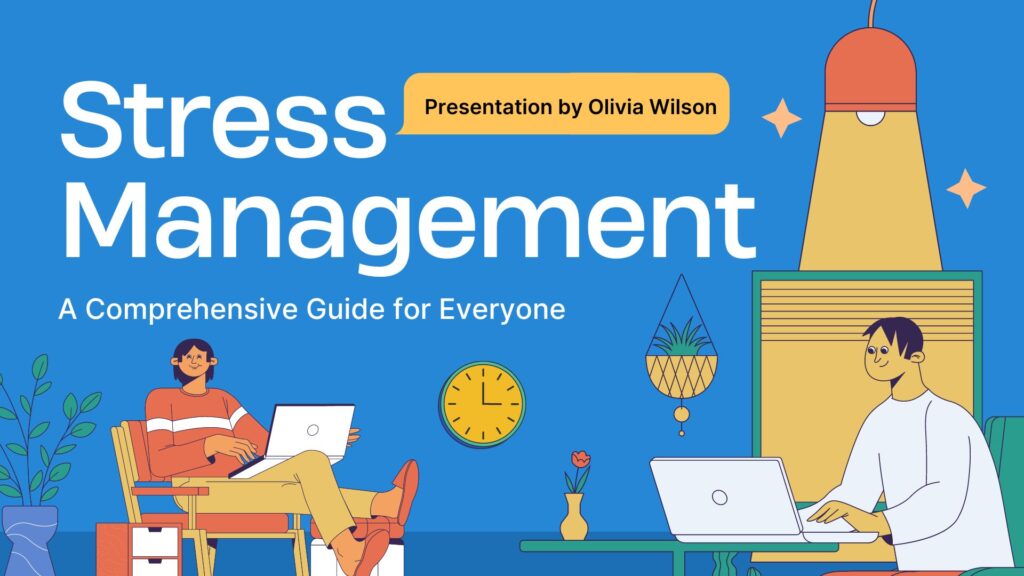
1. Practice Mindfulness And Meditation.
Among the best methods for controlling stress are mindfulness and meditation. Observing the present moment judgment-free is the essence of mindfulness. Stress has less of an effect when you are more conscious of your ideas, emotions, and experiences. By contrast, meditation is the practice of concentrating your attention on a certain thing, idea, or activity in order to become emotionally and psychologically peaceful.
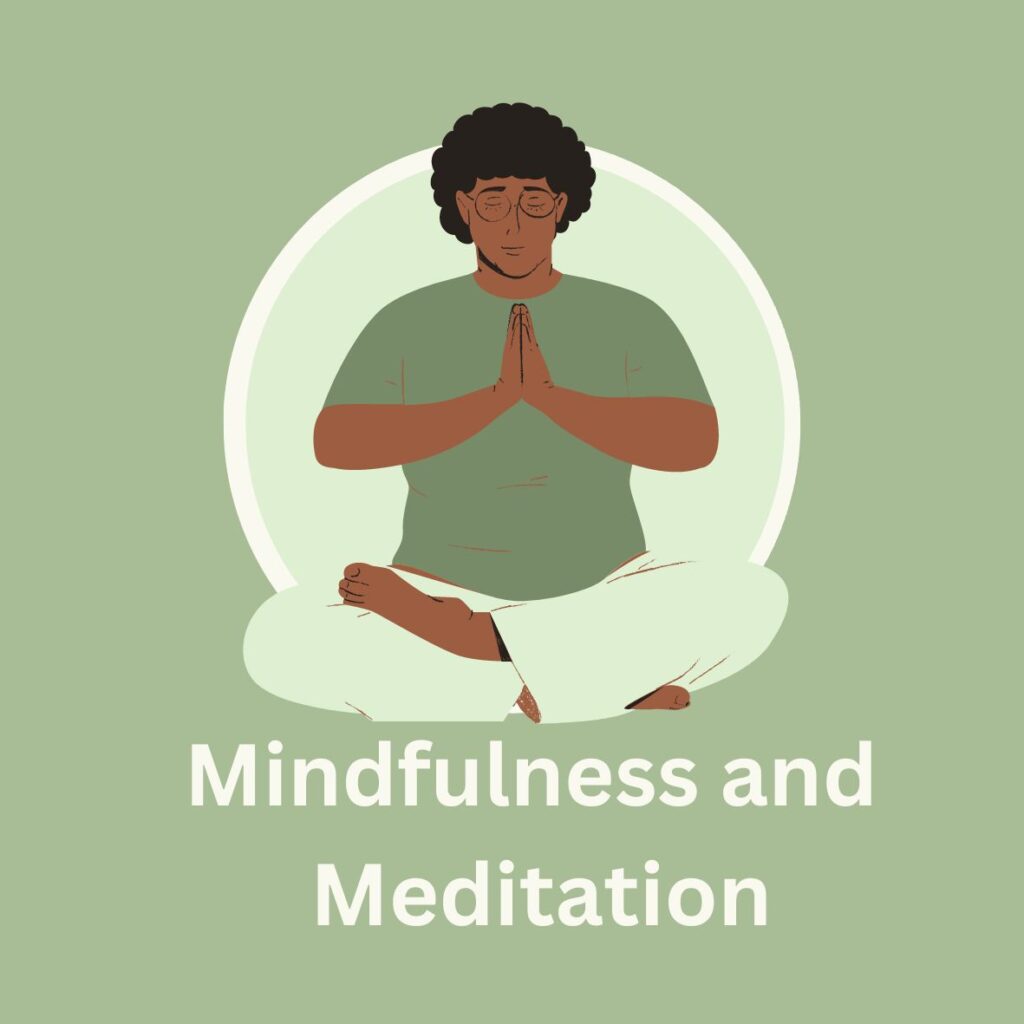
Methods of Practice Meditation
- Seek Out a Calm Area: Pick somewhere comfortable and peaceful where you won’t be bothered.
- Comfortably Seat: Keeping your back straight, sit comfortably.
- Attend to Your Breath: Give your breath your whole attention and close your eyes. Intake deeply with your nose, hold for a few seconds, and then gently exhale through your mouth.
- Observe Your Thoughts: Watch What You’re Thinking. Should your thoughts stray, gently and without judgment, return your attention to your breath.
- Start Short: As you get more at ease, extend the time of your daily sessions by a few minutes at a time.
2. Exercise Regularly For Stress Management Techniques.
An organic stress reducer is regular physical activity. The body’s natural mood enhancers, endorphins, are produced more when one exercises. You’ll also sleep better, feel less anxious, and be healthier generally.
Types of Exercise:
- Exercise that Is Aerobic: Walking, jogging, swimming, and cycling can all help lower stress and enhance cardiovascular health.
- Strength Training: Using resistance bands or lifting weights can increase muscle mass and elevate mood.
- Yoga: A potent stress-reduction technique, yoga combines breathing exercises with meditation and physical exercise.
- Dance: Getting up and moving about might be a great way to decompress.
Suggestions for Including Exercise:
- Set Realistic Goals: Assign Reasonable Objectives Aim low and doable at first, then progressively up the ante in terms of training duration and intensity.
- Select an Interest of Yours: Pick fun workouts to keep you inspired.
- Organize It: Plan frequent workouts and consider them like unchangeable appointments.
3. Get Enough Sleep
Managing stress requires sleep in large part. Stress can be more easily induced by poor sleep, while enough sleep can improve your capacity to handle it.
Getting a Better Sleep:
- Stick to a Schedule: Keep to a Timetable Even on the weekends, get to bed and get up at the same hour every day.
- Create a Relaxing Bedtime Routine: Make Up a Calm Bedtime Schedule Read, have a warm bath, or practice deep breathing as soothing activities before bed.
- Regret Screen Time: At least an hour before bed, stay away from screens—phones, tablets, and computers—because the blue light can disrupt your sleep.
- Maximize Your Sleep Environment: Make sure your bedroom is cold, quiet, and dark. Make a cushion and mattress investment.
4. Maintain a Healthy Diet:
You can feel a great deal different depending on what you eat. Stress management is made easier by a balanced diet, which can assist to stabilise your energy and mood.
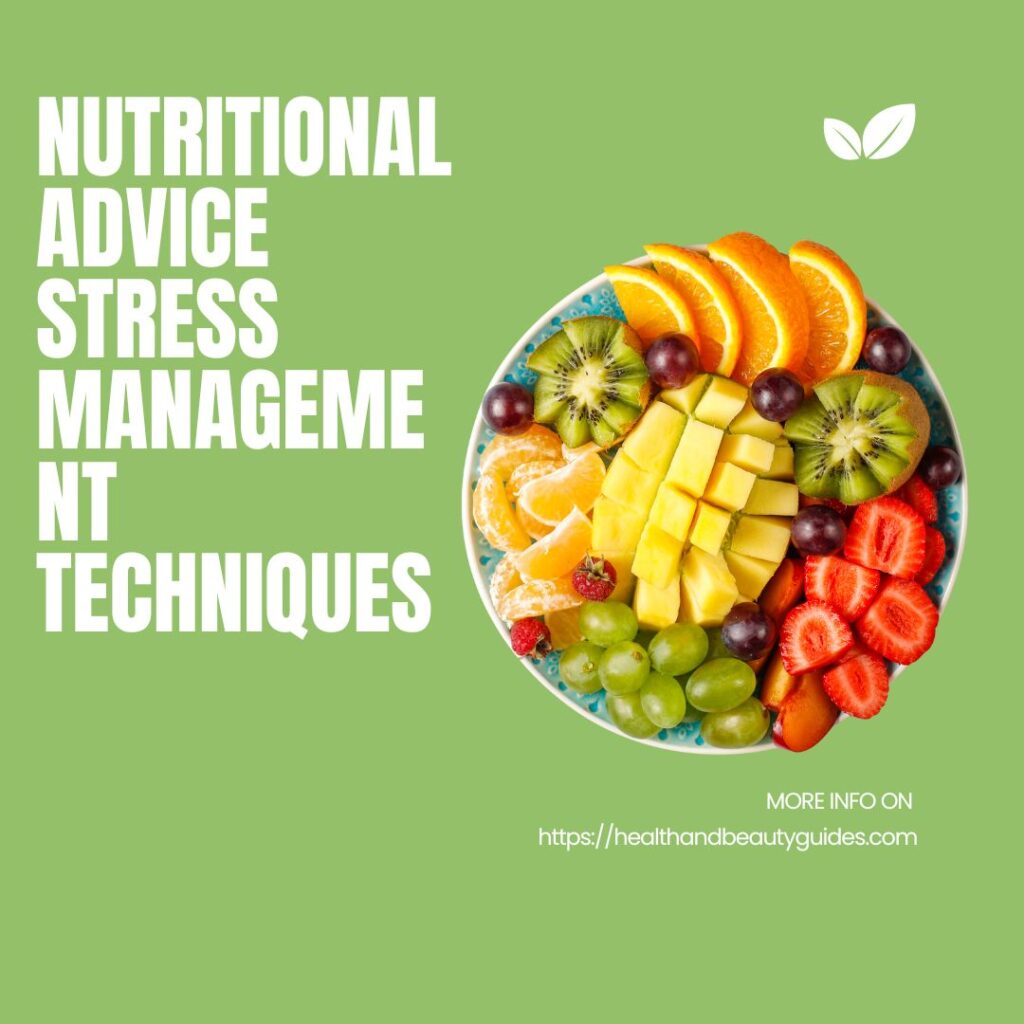
Nutritional Advice Stress Management Techniques:
- Eat Often: You can become agitated and nervous from low blood sugar that results from skipping meals. Eat balanced, frequent meals all day long.
- Mix in Whole Foods: Emphasize fruits, vegetables, lean proteins, and good fats in addition to whole grains.
- Keep Hydrated: Feelings of stress and anxiety can rise with dehydration. Try to sip on lots of water all day long.
- Cut Back on Sugar and Caffeine Overindulging in sugar and caffeine can cause crashes and raise stress levels even if they may give you a little boost in energy.
5. Practice Deep Breathing and Relaxation Methods:
Stress can be reduced by body and mind relaxation exercises and deep breathing exercises, this is best part of Stress Management Techniques.
How to Practice Deep Breathing for Stress Management Techniques:
- Position Yourself Comfortably: Lay down or sit comfortably.
- Focus on Your Breath: Concentrating on your breathing, place one hand on your abdomen and the other on your chest. As you inhale deeply through your nose, let your abdomen rise. Breathe slowly out through your mouth.
- Repeat: Concentrating on the rise and fall of your abdomen, keep up this deep breathing pattern for a few minutes.
Other Relaxation Techniques:
- Progressive Muscle Relaxation:: Progressive Relaxation of the Muscles Working from your toes to your head, tense and then gradually release each muscle group in your body.
- Illustration: As you close your eyes, picture yourself at a beach or in a forest, somewhere serene and unwinding.
- Listen to Music: Relaxing and stress-reduction music can be found in soothing music.
6. Stay Connected for Stress Management Techniques.
Stress control requires social support in large measure. You can feel less alone and more supported if you spend time with loved ones or just chat to a reliable confidant.

A Few Pointers to Keep in Touch
- Reach Out: Even for a brief conversation, don’t be afraid to get in touch with friends and relatives.
- Get Group Memberships: Join interested social or community organizations. This might be a sports team, volunteer group, or book club.
- Use Technology: Make Use of Technology. In case distance is a problem, use social media, phone conversations, and video chats to stay in touch.
7. Manage Your Time Effectively
Good time management good for Stress Management Techniques, you feel more in charge of your everyday tasks, which helps to lower stress.
Contemplations on Time Management
- Organise Work: List your chores and rank them according to urgency and importance.
- Break Tasks into Smaller Steps: Divide Jobs Into More Manageable Steps Less intimidating bigger jobs can be broken down into smaller, more doable steps.
- Set Realistic Goals: Assign Reasonable Objectives Make reasonable plans and don’t overcommit.
- Use Tools: Organize Your Tasks and Deadlines with Calendars, Planners, and To-Do Lists.
- Learn to Say No: It’s OK to decline extra responsibilities that could create needless stress.
8. Involve in Interests and Hobbies.
Stress can be considerably reduced by making time for yourself and doing things you enjoy.
Ideas for Interests and Pastimes for Stress Management Techniques:
- Creative Activities: Ingenious Exercises Drawing, writing, painting, and musical instrument playing can all be restorative and therapeutic.
- Outdoor Activities: Outside Activities: Nature walks, gardening, and hiking can all help you feel happier and less stressed.
- Learning New Skills: Taking up a new pastime or picking up a new skill can be a fulfilling and pleasurable approach to decompress.
9. Get Expert Assistance.
Seeking professional treatment could be wise if stress gets too much or lasts too long. Support and instruction in good stress management skills can be obtained from a therapist or counselor.
When to Get Help
- Ongoing Stress: If you discover that stress is impairing your day-to-day functioning and you are unable to control it on your own.
- Physical Symptoms: Should stress-related headaches, stomach issues, or chest pain occur.
- Mental Health Issues: Should you experience hopelessness, anxiety, or sadness.
takes work and dedication to manage stress on a continuous basis. You may increase resilience and be better able to face life’s obstacles by including these stress management strategies into your regular practice. As always, determine what suits you best and give self-care top priority. To live a happy and balanced life, you must look after your physical and mental health.
All people suffer stress, but you may control it well and lead a happy, healthy life if you know the appropriate methods. These stress-management strategies can help you more easily and confidently negotiate life’s obstacles whether you live in Canada, the United States, or India.

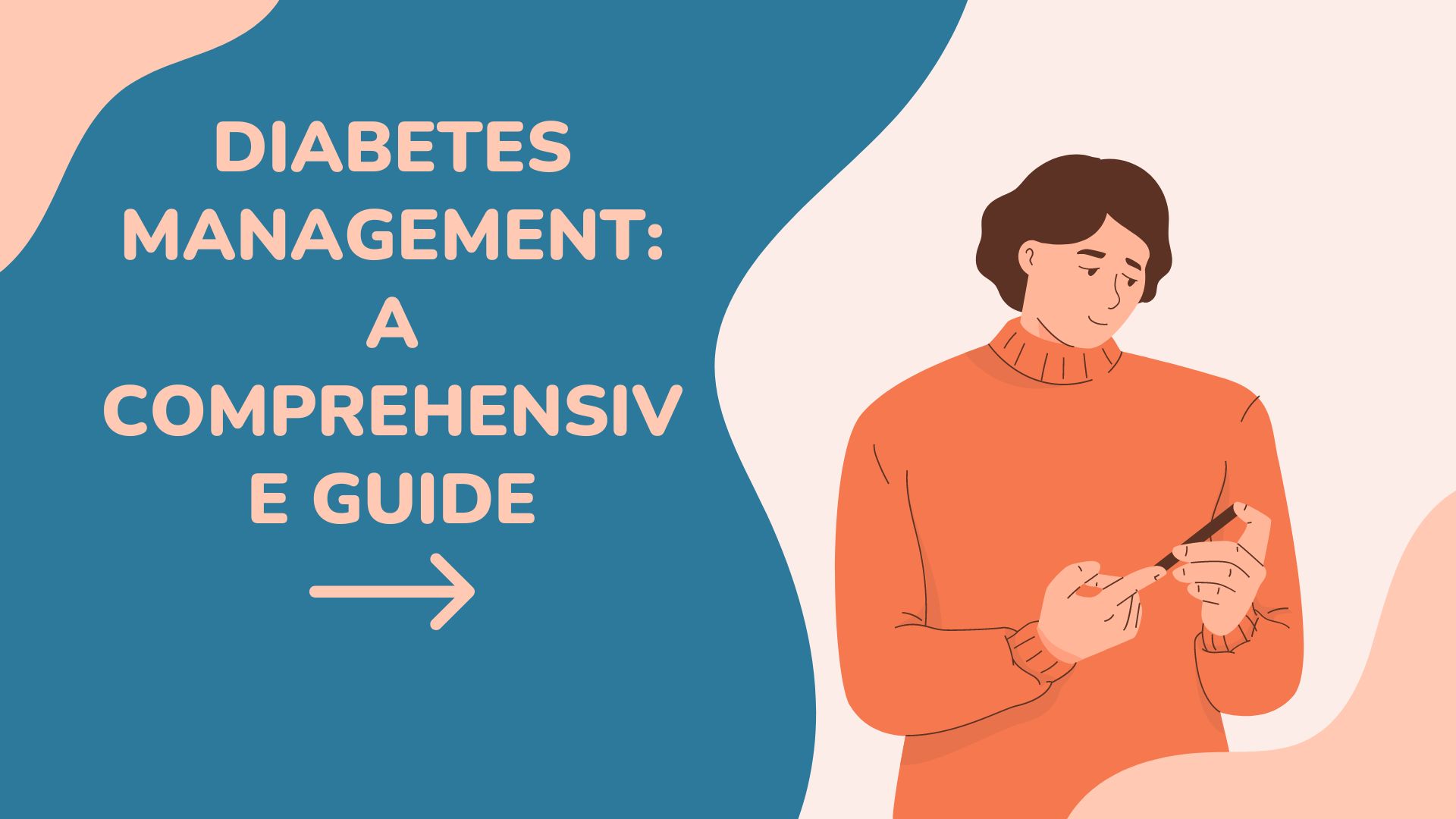

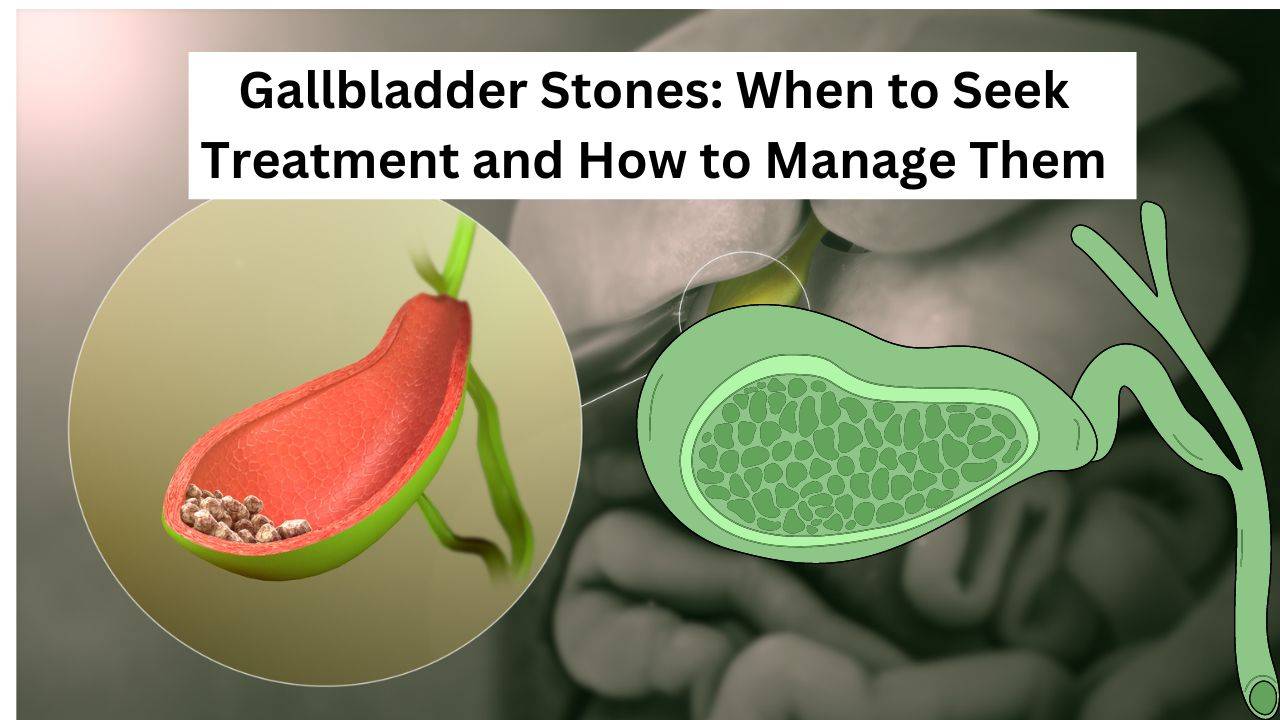
Leave a Comment